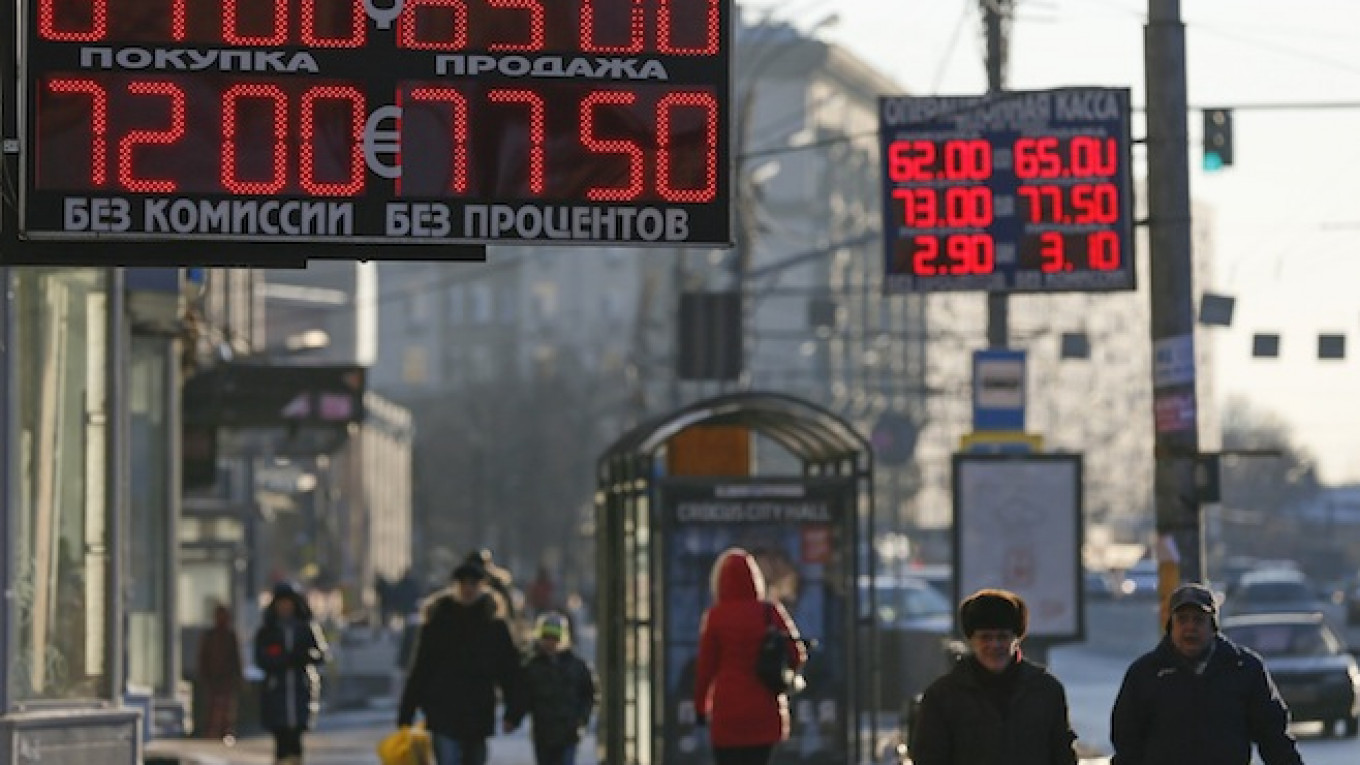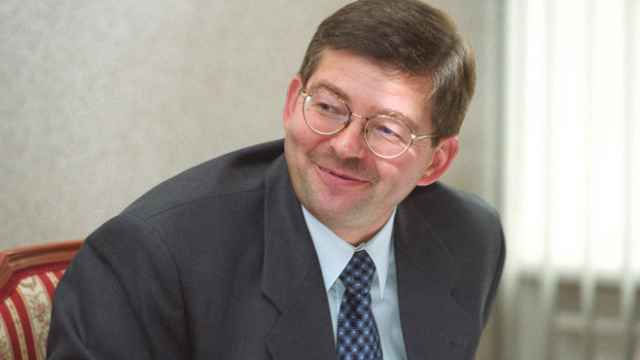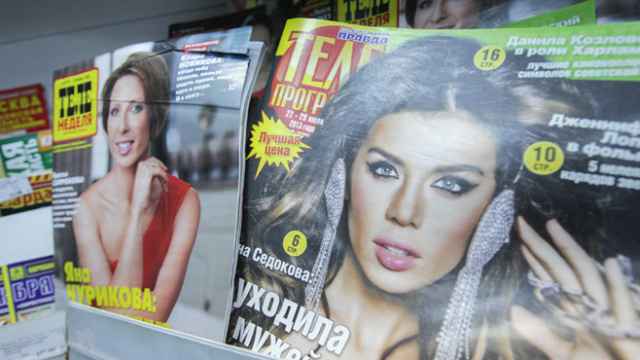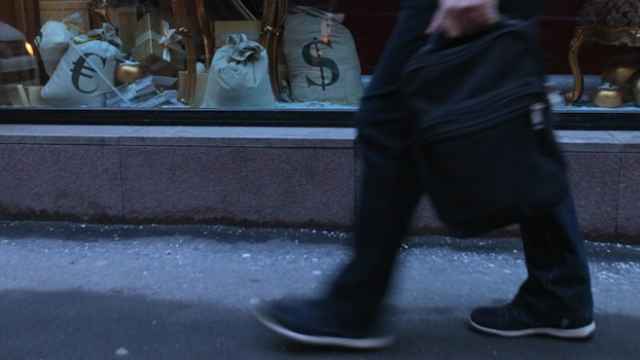The Russian ruble fell on Wednesday, ignoring a firmer oil price, as markets reacted to a surge in fighting in eastern Ukraine and speculation that Russia may soon cut interest rates.
At 11:15 a.m. in Moscow the ruble was down 1 percent against the dollar to trade at 65.86 and 1.1 percent weaker versus the euro at 76.17.
The slide came despite a firming of the oil price, typically the most important driver of Russian assets, with Brent up over a percent to $48.50.
Fighting has intensified in eastern Ukraine between government forces and separatist rebels backed by Russia, complicating peace efforts and diminishing the prospect that the West may soften its sanctions against Russia.
On Tuesday, Ukraine said its forces had also come under attack from regular Russian troops. Russia denied the statement.
However, the influence of Ukrainian developments on Russian markets has declined, ING analyst Dmitry Polevoy said in a note.
"Despite the rising geopolitical tension in Ukraine, the ruble continues closely to follow oil," he said, referring to Tuesday's 0.3 percent decline in the ruble against the dollar.
ING trader Pavel Demeshchik said Wednesday's weakening of the ruble largely reflected fluctuations in the amount of forex converted by exporters to pay taxes, with little being sold on Wednesday after higher sales earlier in the week.
Stanislav Kleshev, chief investment analyst at VTB24, said in a note that some investors were betting against the ruble in anticipation of a reduction in interest rates when the Russian Central Bank meets on Jan. 30.
The Izvestia newspaper reported on Wednesday that the bank could cut its key rate by 2-3 percentage points by the end of March, citing unnamed sources. The Central Bank denied the report, according to a Russian news agency.
The bank has repeatedly said that it will only cut rates once inflation begins to fall, which is not expected for several months. The bank raised the rate by a shock 6.5 points to 17 percent on Dec. 16 to check a run on the ruble.
Year-on-year inflation hit 11.4 percent in December of last year, propelled by the sharp devaluation of the ruble and Russia's ban on a group of food imports from Europe in response to Western sanctions.
Economic Development Minister Alexei Ulyukayev said Wednesday that he sees inflation reaching 13 percent at the end of this month, or slightly higher.
"We think that we will see inflation peaking in the first quarter," he said.
Russian stock indexes moved higher on Wednesday, following oil and global stock markets. At 11:15 a.m. the dollar-denominated RTS index was up 0.3 percent at 758 points, while the ruble-denominated MICEX was up 0.7 percent at 1,582 points.
A Message from The Moscow Times:
Dear readers,
We are facing unprecedented challenges. Russia's Prosecutor General's Office has designated The Moscow Times as an "undesirable" organization, criminalizing our work and putting our staff at risk of prosecution. This follows our earlier unjust labeling as a "foreign agent."
These actions are direct attempts to silence independent journalism in Russia. The authorities claim our work "discredits the decisions of the Russian leadership." We see things differently: we strive to provide accurate, unbiased reporting on Russia.
We, the journalists of The Moscow Times, refuse to be silenced. But to continue our work, we need your help.
Your support, no matter how small, makes a world of difference. If you can, please support us monthly starting from just $2. It's quick to set up, and every contribution makes a significant impact.
By supporting The Moscow Times, you're defending open, independent journalism in the face of repression. Thank you for standing with us.
Remind me later.






